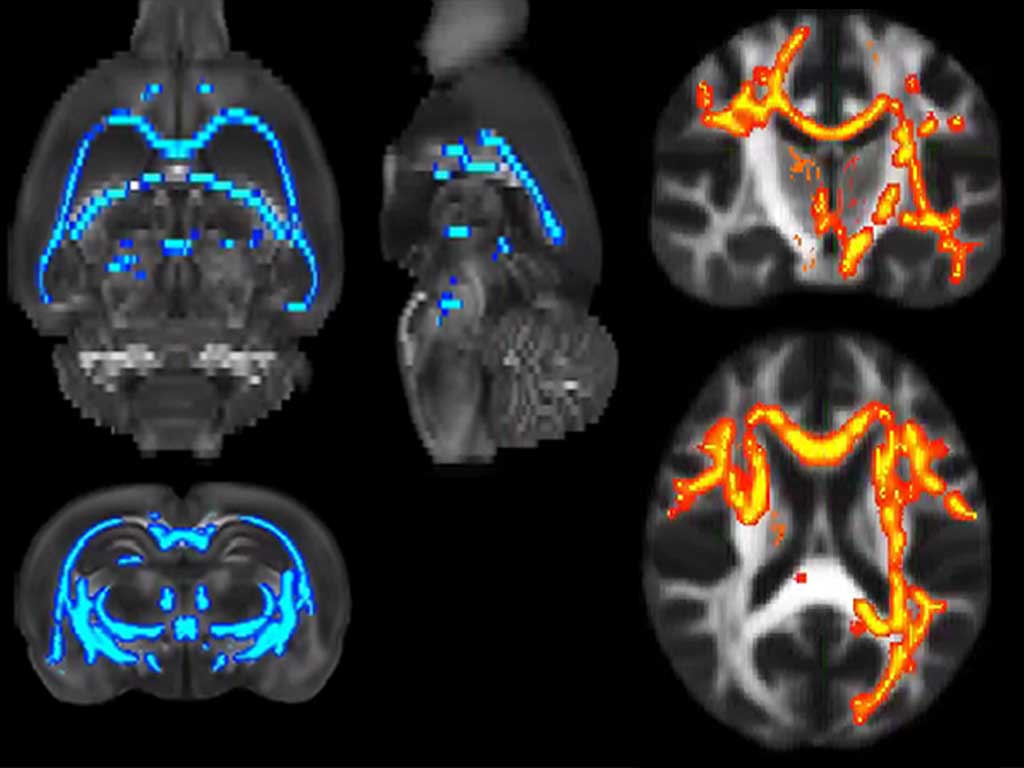Erbb4 Deletion from Fast-Spiking Interneurons Causes Schizophrenia-like Phenotypes
Genetic variation in Neuregulins and its ErbB4 receptor has been linked to schizophrenia, although little is known about how they contribute to the disease process. In this article, Isabel del Pino, Cristina García-Frigola and their colleagues, have examined conditional Erbb4 mouse mutants to study how disruption of specific inhibitory circuits in the cerebral cortex may cause large-scale functional deficits. They found that deletion of ErbB4 from the two main classes of fast spiking interneurons, chandelier and basket cells, causes relatively subtle but consistent synaptic defects. Surprisingly, these relatively small wiring abnormalities boost cortical excitability, increase oscillatory activity, and disrupt synchrony across cortical regions. These functional deficits are associated with increased locomotor activity, abnormal emotional responses, and impaired social behavior and cognitive function. These results reinforce the view that dysfunction of cortical fast spiking interneurons might be central to the pathophysiology of schizophrenia.

 Español
Español
